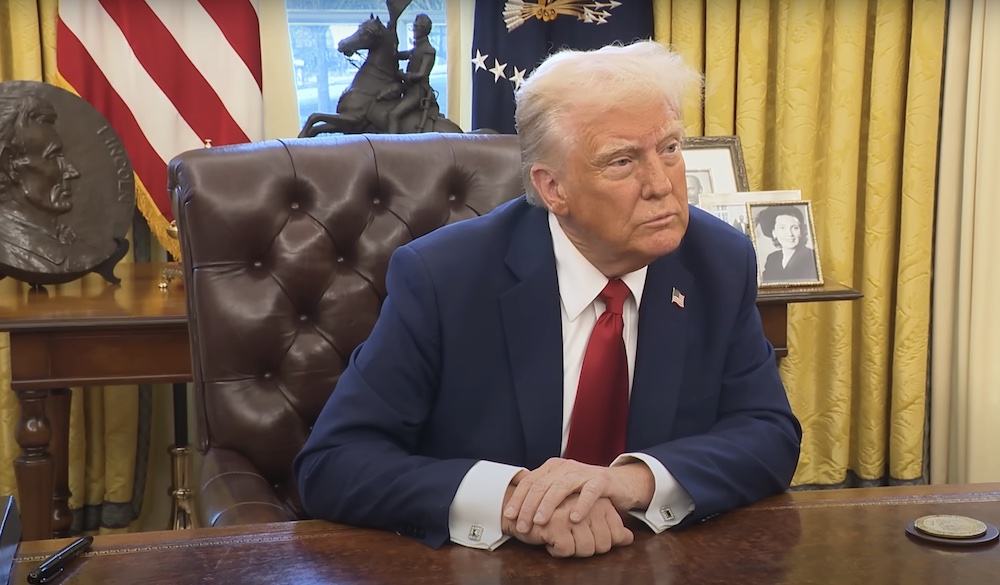
- Details
- By Brian Edwards
- Policy and Law
A federal court ruling that temporarily blocks the Trump administration from pausing federal funding in 22 states and the District of Columbia leaves open questions about its impact on tribal nations, even as it marks the second judicial intervention protecting federal grants and financial assistance programs.
The U.S. District Court for Rhode Island issued the 13-page order on Jan. 31, prohibiting federal agencies from pausing, freezing or blocking funding based on executive orders that followed a now-rescinded Jan. 27 Office of Management and Budget memo. The ruling comes after a separate decision by U.S. District Judge Loren L. Alikhan that had temporarily blocked the original OMB memo through Feb. 3.
The Rhode Island order protects federal funding in Democratic-led states that sued, including New York, California, Illinois, and 19 others, plus D.C. The order, which does not specifically mention federally recognized tribal nations, leaves questions about its application to tribes due to their unique sovereign status and federal trust relationship.
The ruling also creates a potential divide between federal grant and loan recipients in protected states versus those in Republican states that did not join the lawsuit and may still face funding uncertainty or pauses.
Though OMB Acting Director Matthew J. Vaeth rescinded the memo on Jan. 29, White House Press Secretary Karoline Leavitt wrote on X (formerly Twitter) that the president's executive orders on federal funding "remain in full force and effect and will be rigorously implemented."
Chief Judge John J. McConnell Jr. ruled the executive branch lacks authority to unilaterally pause congressionally appropriated funds. The court found the pause would cause "severe disruption" to essential services, including disaster relief, law enforcement, and health care programs.
"The President cannot unilaterally halt congressional spending commitments," New York Attorney General Letitia James, who led the coalition of attorneys general, said in a statement.
Federal agencies must notify all employees, contractors and grantees of the order by Feb. 3. The temporary restraining order will remain in effect until the court rules on a forthcoming preliminary injunction.
The Treasury Department's Office of the Procurement Executive distributed the order and a notice to contractors and grantees on Feb. 2, according to a copy of the Treasury email shared with Tribal Business News. The notice specified that federal agencies cannot pause, freeze, impede, block, cancel, or terminate any awards or obligations based on either the OMB memo or the president's executive orders. The prohibition applies to both current and future funding assistance, according to the notice.
The notice also clarified that while agencies may exercise their own authority to pause awards, they must do so based on their own discretion and comply with all notice and procedural requirements in existing agreements. The Treasury Department advised that "out of an abundance of caution," all federal agencies, even those not named as defendants, should comply with the order's terms.
